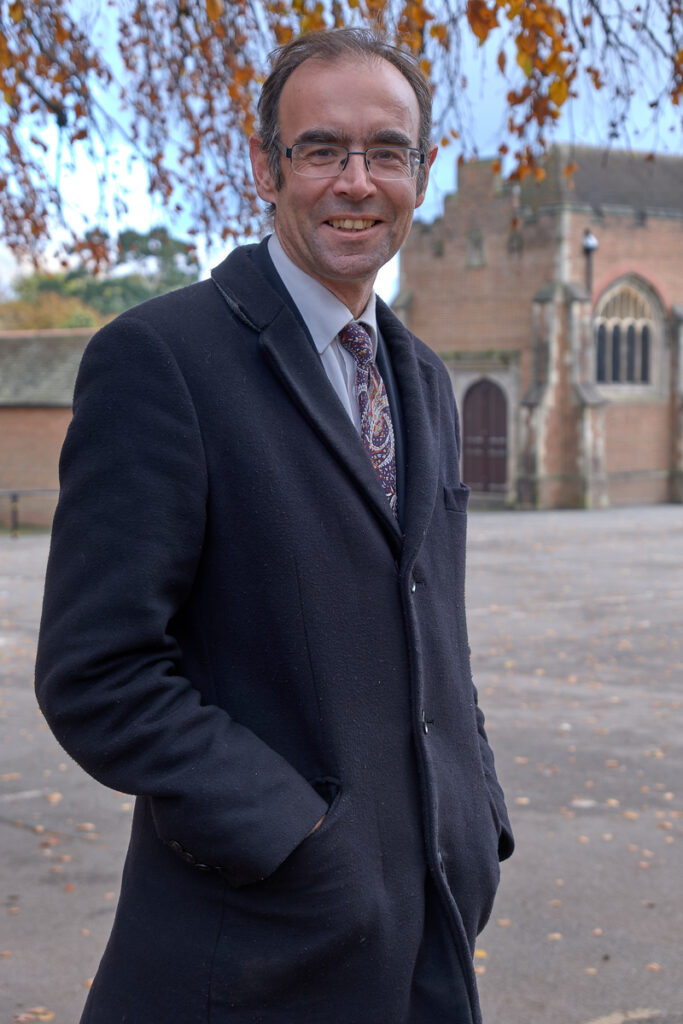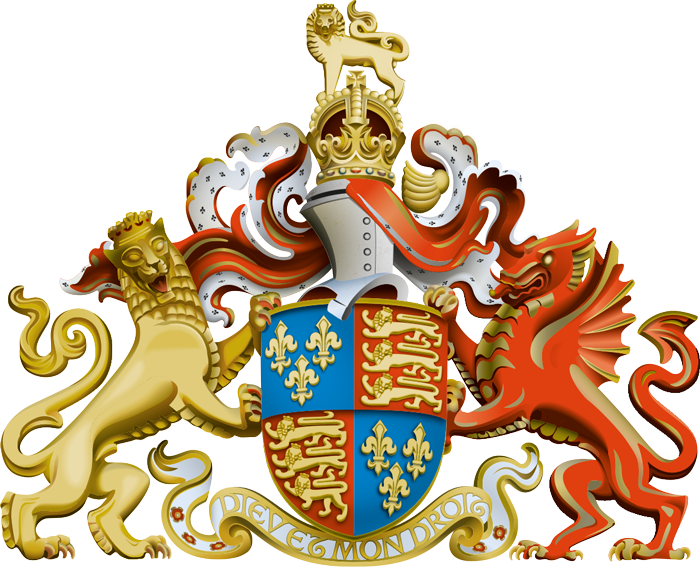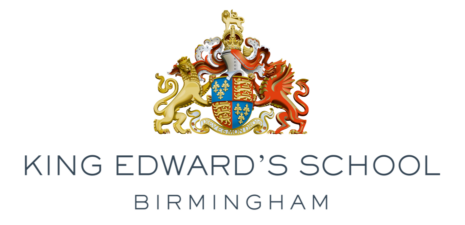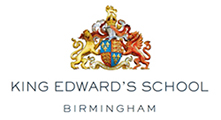Philosophy, Religious Studies and School for Thought

‘Philosophy begins with a sense of wonder.’ – Plato
‘The unexamined life is not worth living.’ – Socrates
Our aim is to introduce our boys to the philosophical and religious traditions of the world in a way which enables them to think for themselves in dialogue with others.
All pupils in the Lower School take School for Thought, our unique and exciting introduction to philosophical thinking. In School for Thought pupils take four or five modules per year, each one framed around urgent and / or enduring questions that exist within such areas as ethics, politics, religion, identity, education and logic.
Courses are taught using a conversational pedagogy, through which pupils read together a range of texts, explore ideas in structured whole-class conversation and then clarify and express their own thoughts through written reflections.
Typically, the following modules are studied:
Year 7
- An introduction to world religions
- ‘The Buddha and the terrorist’: an exploration of violence and Eastern philosophy
- An introduction to the philosophy of religion
- How should we live? An introduction to ethics
- Philosophical themes in the ‘Odyssey’
Year 8
- How should we live together? An introduction to political philosophy
- A philosophical exploration of the life of Jesus
- What is art? An introduction to aesthetics
- ‘Loaded language’: an introduction to the philosophy of language
Year 9
- Race issues
- What’s the point of school? An introduction to the philosophy of education
- What is the ‘good’ life?
- Fallacies: an introduction to logic
- Is it ever right to break the Law?
GCSE Religious Studies is a popular option with pupils. We study the AQA RS A syllabus, which covers two of the major world religions and four contemporary ethical and philosophical themes. Pupils will be challenged with questions about belief, values, meaning, purpose and truth, enabling them to develop their own philosophical perspectives and attitudes towards religious issues. Pupils will also gain an appreciation of how religion, philosophy and ethics form the basis of our culture. They will further develop the analytical and critical thinking skills which form the basis of the KES ‘School for Thought’ programme.
Specific topics covered include:
- Religion and life (issues such as abortion, euthanasia, genetic engineering and climate change)
- Philosophy of religion (arguments for and against the existence of God)
- Religion, peace and conflict (just war theory, terrorism, nuclear war, holy wars, pacifism)
- Religion, human rights and social justice (wealth and poverty, prejudice and discrimination, religious freedom)
- The beliefs, teachings and practices of Buddhism and Christianity
Given the wide body of religious faith and practice represented in the school community, we also give students the option to independently study a religion of their own choice (in consultation with their teacher), from: Catholic Christianity, Hinduism, Islam, Judaism, Sikhism.
Studying Religious Studies at A Level offers the opportunity to think more deeply about the meaning and purpose of life, engaging with some of the most profound and enduring questions humanity has ever asked.
It encourages thoughtful discussion of these big questions with like-minded peers, fostering intellectual curiosity and debate. The subject provides a deeper understanding of both the Western and Eastern philosophical traditions, exploring their development and influence throughout history. Two thirds of the course is Philosophy and Ethics.
In an age shaped by artificial intelligence and algorithms, Religious Studies equips pupils with the ability to think clearly, critically and independently – skills that are more valuable than ever.
A Level Religious Studies covers the following areas:
- Philosophy of religion – ancient philosophical influences, the nature of the soul, mind and body, arguments about the existence or non-existence of God, ideas about the nature of God, philosophy of language.
- Ethics – normative ethical theories (Kantian ethics, utilitarianism, Situation Ethics, Natural Moral Law), euthanasia, business ethics, metaethics, conscience, sexual ethics.
- Developments in religious thought: Buddhism – the life of the Buddha, key teachings (e.g. ‘not self’, rebirth), key practices (e.g. meditation), how Buddhist beliefs and practices vary historically and in the contemporary world.
Philosophy deals with questions that are profound, intellectually challenging, complex, and important for humanity. Offered at both Higher and Standard Level as part of the IB Diploma, the emphasis of the course is very much on ‘doing’ philosophy and pupils will develop their critical and analytical thinking skills, and learn to reason and argue effectively.
Pupils take modules on what it is to be human, ethics, political philosophy and the philosophy of religion, and explore in detail Plato’s ‘Republic’. All pupils produce a piece of coursework that involves responding in a philosophical manner to a non-philosophical stimulus of their own choice. Higher Level candidates also take an additional paper, which requires them to reflect on the nature of philosophy itself and how philosophy can contribute to our thinking about technological and environmental issues.
Future careers
Many of our pupils go on to study Philosophy, Theology and Philosophy–related courses (e.g. PPE, Liberal Arts) at top universities. Philosophy and Theology graduates are in high demand for their ability to think for themselves and analyse critically. These transferable skills are vital in so many professions, such as Law, finance, journalism, the civil service and teaching. Most importantly, though, studying Philosophy provides an excellent foundation for leading a reflective and good life.
Beyond the classroom
The department has a thriving range of co-curricular activities. In particular, there is the long-established, fortnightly, student-led society ‘Agora,’ at which visiting speakers, teachers and pupils give a talk, followed by discussion. We run a weekly Mindfulness Club and monthly reading and discussion group (‘Metascholen’).
We also have a pupil-run podcast, Cognito. The first two episodes can be heard below:
Trips
We consider it very important for pupils to have experience of religion as it is practiced in our local, very multi-cultural, community here in Birmingham. Thus we currently run trips to: the Birmingham Buddhist Centre and the Balaji Temple (Shells); Singers Hill Synagogue and the Oratory Chruch (Rems); Birmingham central mosque and a gurdwara (UMs). We also attend A Level conferences, the Ethics Cup Regional competition at the University of Nottingham and the King Edward VI Foundation ‘Philosothon’ at King Edward VI High School for Girls.
Meet the Head of Department
Dr Smith
Dr Smith was born in Birmingham and educated at King Edward VI Camp Hill School for Boys. He attended Durham University, where he earned a BA in English Literature, followed by an MA and PhD in Philosophy. His PhD was on ‘Nihilism in Nietzsche, Heidegger and Levinas’.
Prior to starting at KES, Dr Smith taught for 17 years in the independent sector in Coventry, firstly at King Henry VIII School and then at Bablake School, where he was Head of Department for 10 years. His philosophical interests include modern German philosophy, existentialism, William James on religious experience, and the psychology of Carl Jung.
He is a trained mindfulness teacher and has taught mindfulness in schools for ten years, to both students and staff. He is an ordained Buddhist and teaches courses in meditation and Buddhism regularly at a local Buddhist Centre. Outside the classroom, Dr Smith is a big cricket fan and plays golf regularly.



